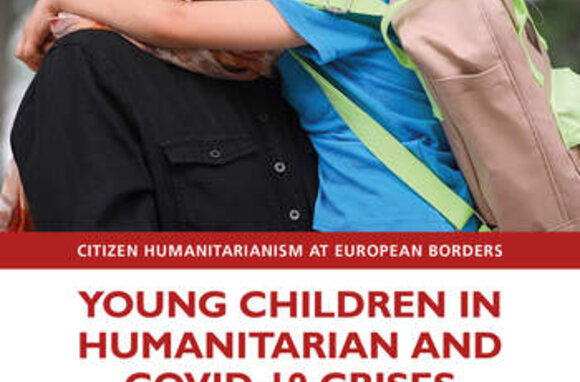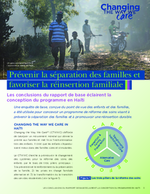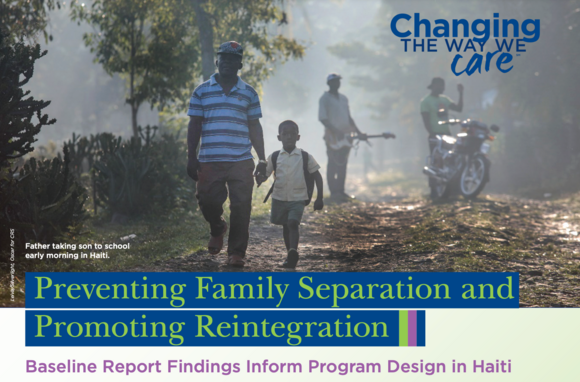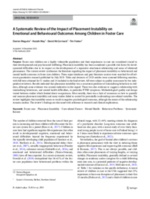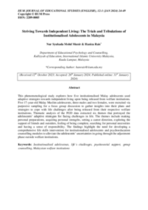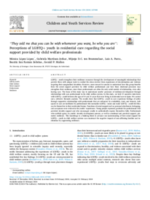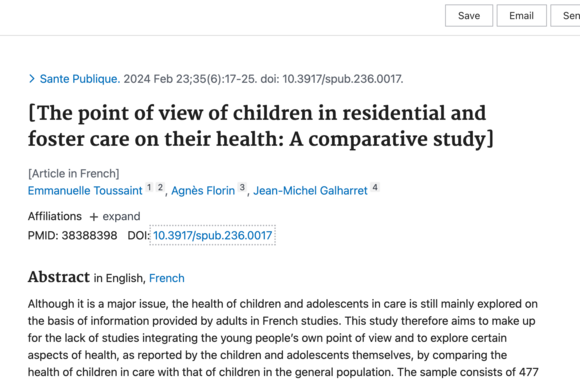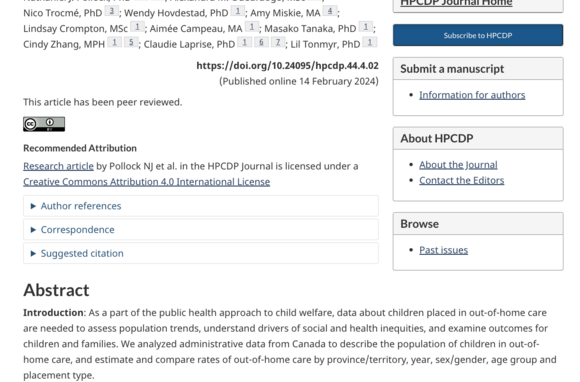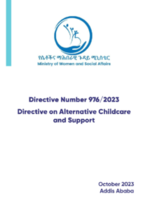Young Children in Humanitarian and COVID-19 Crises: Innovations and Lessons from the Global South
This book investigates how organizations around the world responded to these dual challenges, identifying solutions, and learning opportunities to help to support young children in ongoing and future crises. Drawing on research and voices from the Global South, this book showcases innovations to mobilize new funds and re-allocate existing resources to protect children during the pandemic.

